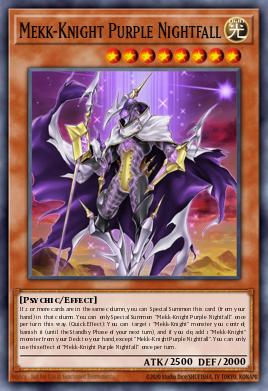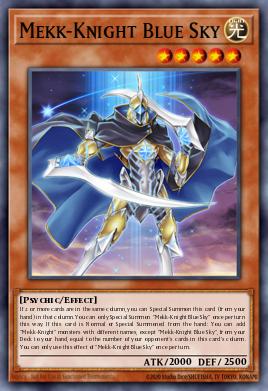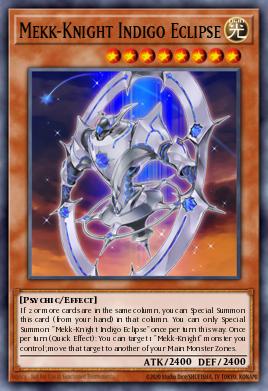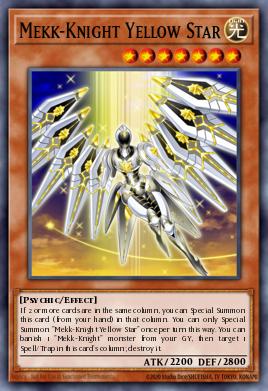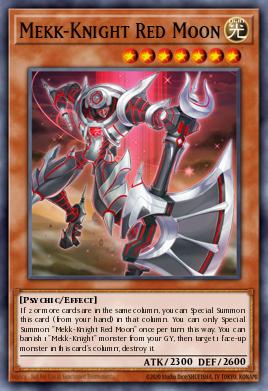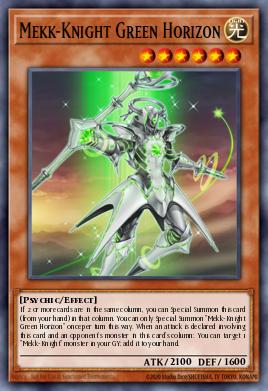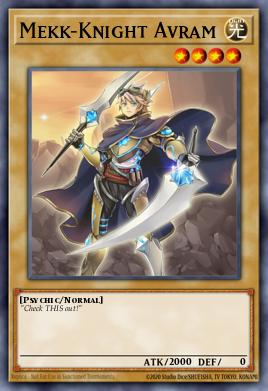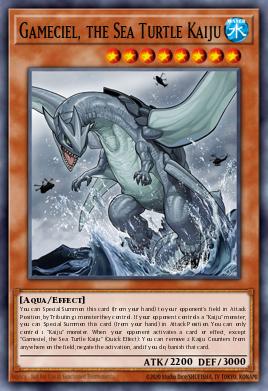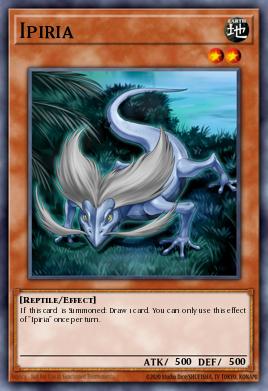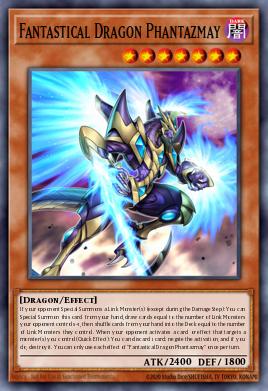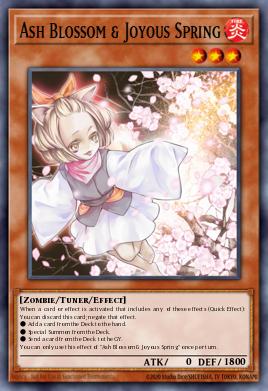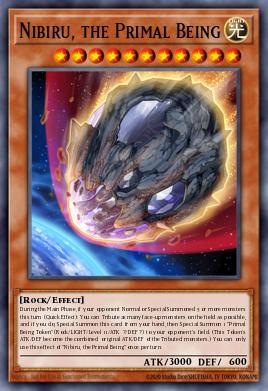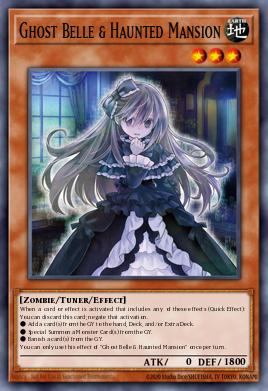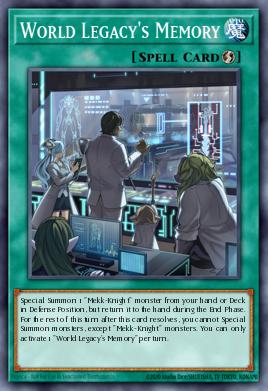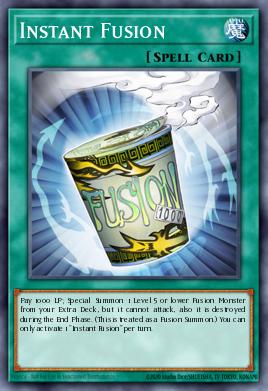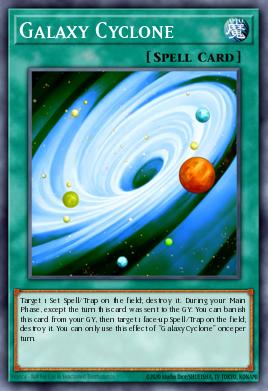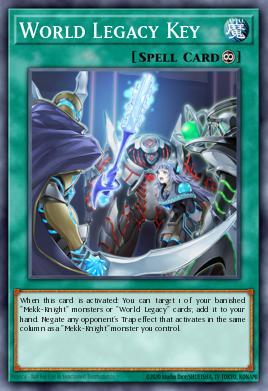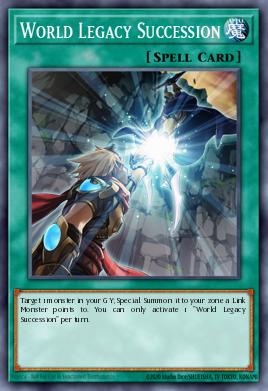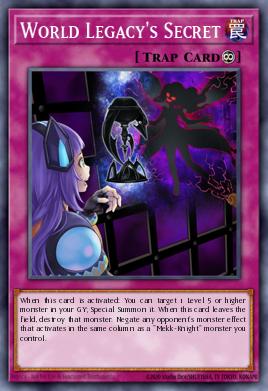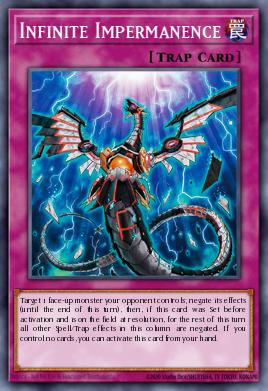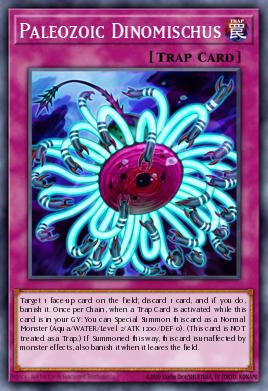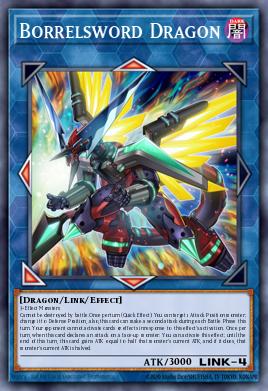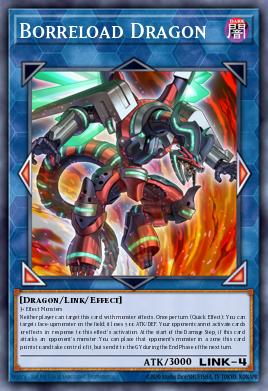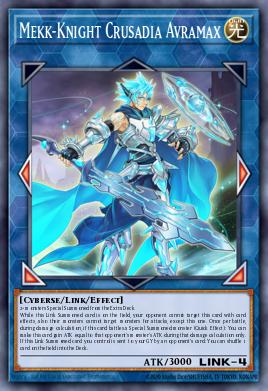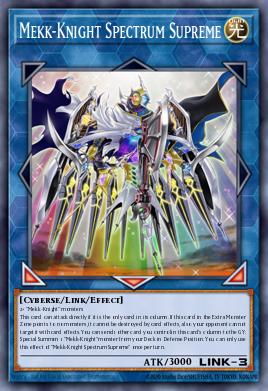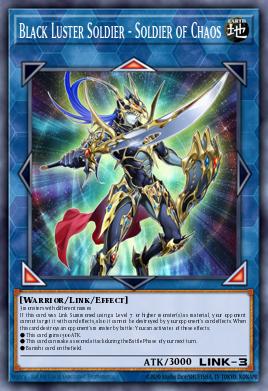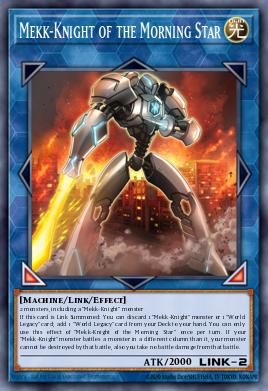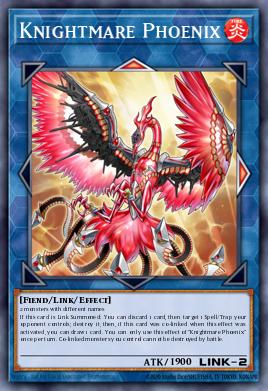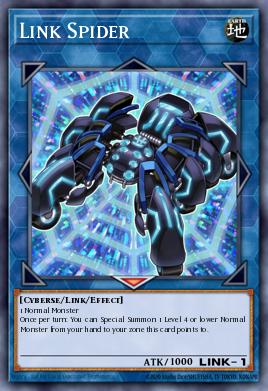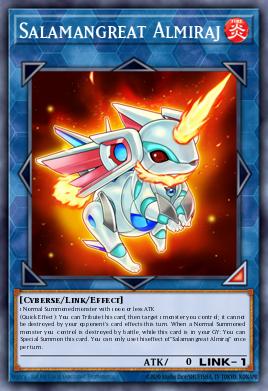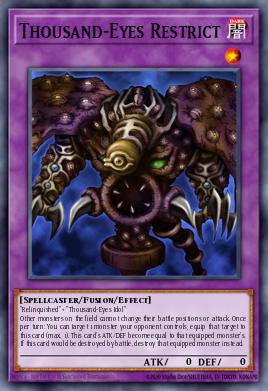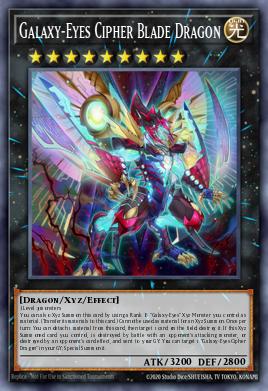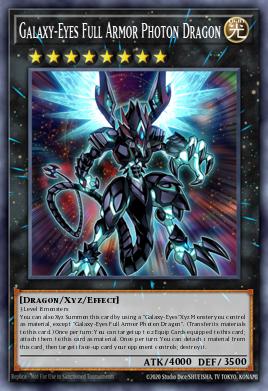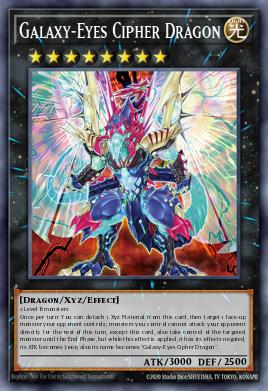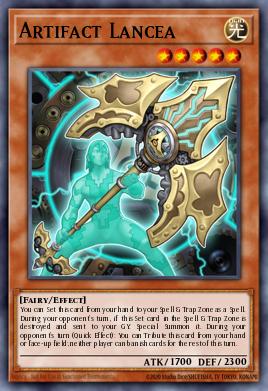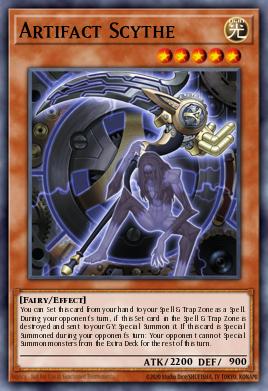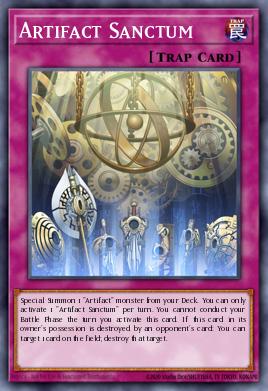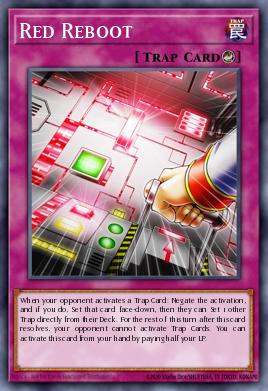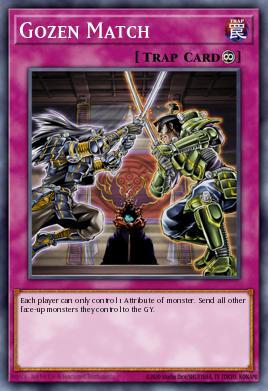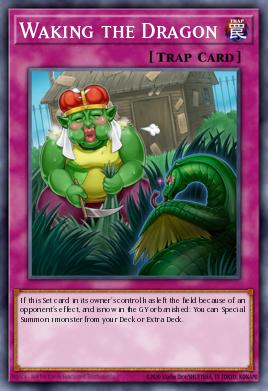One key distinction separated his Fort Worth run from the Columbus one: the October 2019 forbidden list. Orcust variants took a kick in the teeth in the form of a Knightmare Mermaid ban. Dragon-dependent variants lost their extra deck superstar, Guardragon Agarpain. Sky Striker's disruption workhorse, Sky Striker Mecha - Widow Anchor, got neutered to a lone copy.
Getting down to business
Let’s take a look at Long’s Mekk-Knights and what made them so successful breaking out in this new format.
Disrupting the game
Playing a blind second deck indicates either a high number of disruptions or a high number of board-breakers and baits. In Long’s case, it was both.
During his opponent’s first turn, Long’s Mekks came accompanied by a whole 11 hand traps, ensuring he could disrupt plays often and effectively, especially with two copies of Nibiru, the Primal Being in the mix. Once the turn passed to him, two copies each of Gameciel, the Sea Turtle Kaiju, Galaxy Cyclone, and Instant Fusion—alongside in-theme removal from Mekk-Knight Red Moon and Mekk-Knight Yellow Star—helped Long clear the board or draw negates.
The highest points of frustration, though, were the disruptive in-theme Mekk-Knight spells and traps that players often forget about. Continuous trap World Legacy’s Secret shut off on-field monster effects when monsters went column-to-column with a Mekk-Knight. World Legacy’s Key, a continuous spell, was a stun deck killer, turning traps off that were in the same columns as Mekk-Knights. Combined with Mekk-Knight Indigo Eclipse and World Legacy’s Memory, Long could develop deeply frustrating and oppressive board control by constantly putting opponents’ cards face to face with a Mekk-Knight.
Going first in blind second? No problem.
Contrary to expectations, Long’s Mekks didn’t suffer going first. Two copies of Ipiria, three copies of Memory, and two copies of Instant Fusion meant that Long had access to either column setup or a body on board—usually both—at a rate of about one in five cards. Ipiria and Memory also let Long get immediate plusses with draws and searching.
Memory—a card usually left out of the Mekk-Knight engine—may have earned itself the title of MVP during PPG Columbus. Going first, Memory let Long get quick access to Mekk-Knight Purple Nightfall, which could grab another Mekk-Knight for next turn or set him up to make Mekk-Knight of the Morning Star. Going second, Memory could be weaponized with Secrets and Legacy. Memory’s lock-in to summoning Mekk-Knights seemed only to prevent the occasional Link Spider and by itself drew a few Solemn Judgments over the tournament.
Long’s deck also teched an interesting trap that we’ve seen come up more in Thunder decks in particular: Paleozoic Dinomischus. Two Dinomischus in the main (and a third in the side) gave Long an extra, unexpected layer of disruption when going first.
Crash course in consistency
What proved arguably most successful of Long’s Mekks at PPG Columbus was that they could play through—or recover from—almost anything. The magic breakpoint number seemed to be four: that’s how many disruptions tournament winner Jason Garcia put down on turn one in game three of the finals match.
Mekk-Knights are incredibly consistent if they get even an inch.
- Memory summons Mekk-Knights directly from the deck.
- Purple Nightfall and Mekk-Knight Blue Sky search out Mekk-Knights from the deck.
- Morning Star searches World Legacy spells and traps from the deck.
- Secrets and World Legacy Succession bring back monsters from the GY (not just Mekk-Knights).
- Key can recover a banished Mekk-Knight.
Perhaps with exception to Key, all of these cards are reasonable to hit with disruption. So, every Mekk-Knight card was a potential threat...or bait. Every card listed above can recycle or generate another card; Memory and Blue Sky could facilitate up to two. This meant the resources were almost always flowing and Long had the chance to use those resources almost every single turn he played. Combined with Long's impeccable knowledge of Mekk-Knights, opponents often struggled to keep up with how much advantage the deck could bring to the table. As such, a mistimed disrupt often spelled game loss for opponents.
Shannon Long walked away from PPG Columbus with second place, wielding a deck most duelists would’ve never taken seriously. He displayed remarkable skill and command over the nuances of Mekk-Knights. At a greater scale, PPG Columbus showed the power vacuum resulting from the newest banlist. There’s a lot of opportunity for new decks to shine, and Shannon Long’s success is a beacon for that potential.

